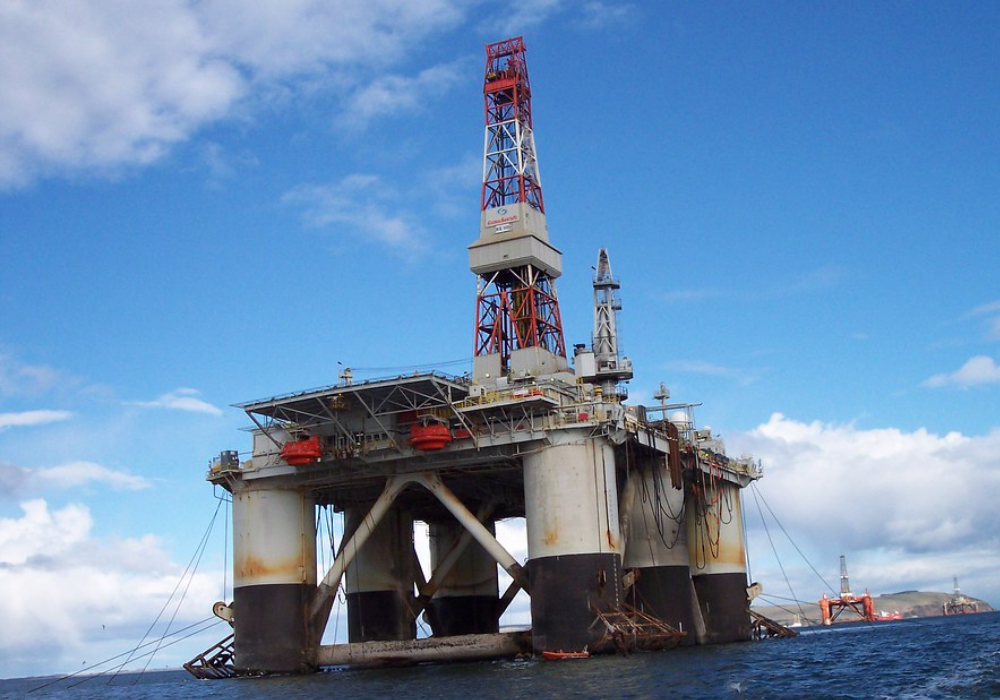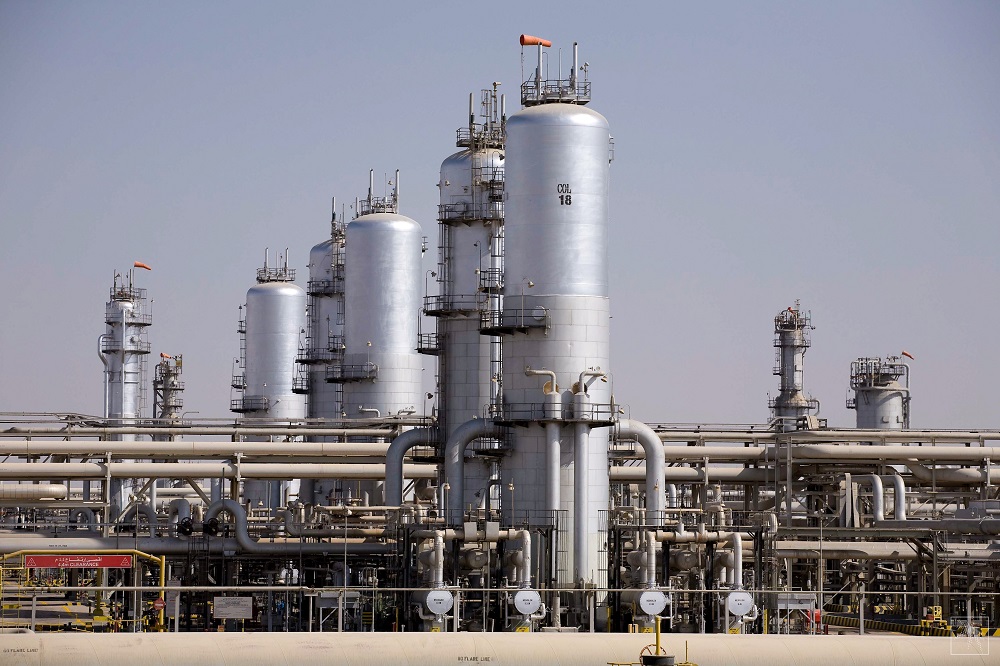
Plunging global demand for oil has left companies “grappling for storage space”, says an industry analyst.
This is just one of many challenges facing the industry as the impact of the coronavirus pandemic continues to crush world markets and cut energy consumption.
The latest analysis by the International Energy Agency (IEA) predicts global oil demand will fall by a “staggering” 9.3 million barrels per day (bpd) in 2020 — marking a drop of about 9%.
According to data and analytics firm GlobalData, overseas storage facilities have hiked transportation fees for some companies, while others are dealing with the relatively short shelf life of gasoline and jet fuel, and the limitations of storing light and heavy crude alongside one another.
GlobalData Oil and gas analyst Haseeb Ahmed said: “North America is battling a severe shortage of storage capacity.
“The US Energy Department is leasing spare Strategic Petroleum Reserve (SPR) capacity to private companies.
“But with US crude inventories surging, it may be only a matter of time before the country runs out of storage space.”
Drop in oil demand leaves storage space challenges for companies
Oil companies in the Asia Pacific region are feeling the effects of the drop in demand, as storage costs have increased by almost 40% as rivals fight for sites to store fuel, according to Ahmed.
But despite the inflated prices, companies such as South Korea-based SK Energy and Indian firm Nayara Energy have taken on lease SPR spaces from their respective countries to store crude.
Elsewhere, Saudi Arabia is filling up its large spare storage capacity with domestic production.
In the wake of demand destruction and a lack of storage space, the kingdom’s state-owned oil giant – Saudi Aramco – has offered up to a 90-day deferred payment option for its crude deliveries to European oil refiners.

In Europe, maintenance activities at storage terminals are being delayed in Germany, Italy and France, while capacity expansions of terminals are likely to be put back due to lockdown restrictions limiting the number of workers available on sites.
To store surplus crude volumes, tankers anchored in ports are also serving as floating storage points.
But Ahmed believes the brighter side of this “chaotic situation” could be the likelihood that operators are thinking along the lines of “building enough storage spaces to tackle such unforeseen challenges”.
“This may pave a way for increased investment in storage projects from private and foreign entities — particularly in nations that lack enough storage space,” he added.
“While India is one such example, developing four additional SPRs, countries such as Japan and South Korea may follow, especially when it comes to building emergency reserves.”


